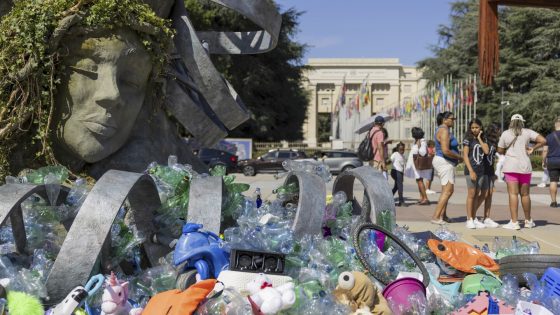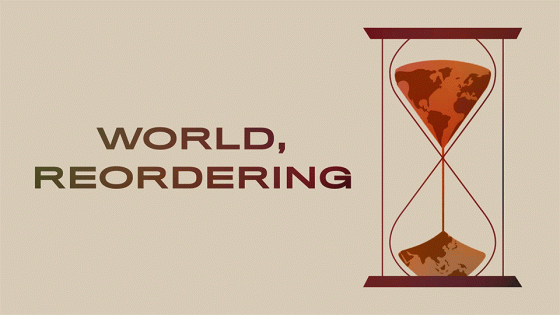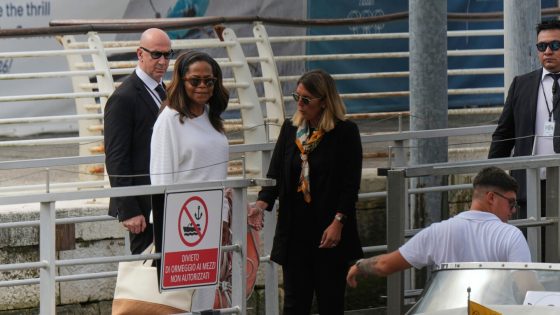Negotiators are currently working on a treaty to address global plastic pollution, but the latest draft, discussed on August 13, 2025, does not impose limits on plastic production. This has raised concerns among many countries advocating for stricter regulations.
- New treaty draft excludes plastic production limits.
- Disagreement among countries on treaty focus.
- Oil and gas nations oppose production caps.
- Colombia's delegation finds draft unacceptable.
- Some nations support the draft as a start.
- Emphasis on redesigning and recycling plastics.
The primary focus of the talks has been whether to cap plastic production or enhance recycling and reuse strategies. While around 100 nations support production limits to combat pollution, powerful oil and gas-producing countries are pushing for a treaty centered on waste management instead.
This draft has sparked significant debate among participating countries. Many are questioning whether the current approach is sufficient to tackle the escalating plastic crisis. Key points include:
- Countries like Colombia and Canada deem the draft unacceptable due to its lack of ambition.
- Oil-producing nations argue for a focus on waste management rather than production caps.
- Some nations, including India, view the draft as a reasonable starting point.
As discussions continue, it is crucial for negotiators to bridge their differences and prioritize effective solutions that can lead to a sustainable future.

































